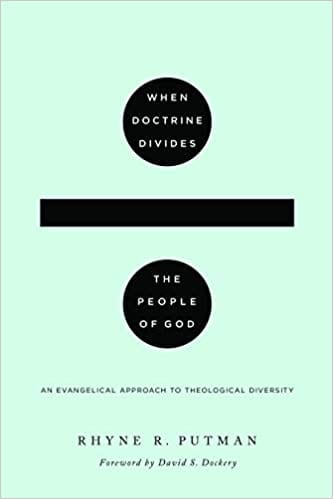BEN: Explain a bit about what you mean by the phrase “hermeneutical realism.” I take it you are not denying we are all active readers of texts and bring much to the reading, but want to insist that there is an objective meaning in the text which the author intended and put there. Right?
RHYNE: Yes, exactly. My use of the phrase “hermeneutical realism” has its origin in two influences: Tom Wright and Kevin Vanhoozer. Wright’s discussion of critical realism in The New Testament and the People of God has really shaped my epistemology or beliefs about human knowledge in every area of thinking. Critical realism is the acknowledgement of a real world outside of our perception of it—– real events, real people, real texts—but also the acknowledgment that our perception of this world always filters through subjective means. We can “know” reality, but our knowledge of it always comes through critical, back-and-forth engagement with it. Though those ideas were not original to Wright, he really expressed them clearly for interpreters of the Bible and historians. Vanhoozer picks this theme up in his 1999 work Is There a Meaning in This Text? and applies it directly to texts. Texts have objective meanings established by their authors—this Vanhoozer calls “hermeneutical realism.” The active dimension of our reading means we should engage in what he calls “critical hermeneutical realism.”
So, in laying the hermeneutical groundwork for the book, I wanted to explain these ideas clearly to our readers. We are imperfect readers of Scripture. We are products of our time, place, and culture. We have cognitive limitations. Despite some popular ideas to the contrary, an affirmation of the inerrancy of text does not necessitate inerrant interpretations of the text. You can affirm the authority of Scripture and disagree with me about what it means! I also wanted to clarify misunderstandings surrounding the illumination of the Spirit and the clarity of the biblical text. The clarity of Scripture—as the Reformers first presented it—does not guarantee Scripture is easy to understand. It only means Scripture is intelligible—- that God has revealed himself in such a way that we can understand what he says about himself. Against Erasmus who said God has deliberately made Scripture confusing, figures like Luther and Zwingli said “Nein!”













